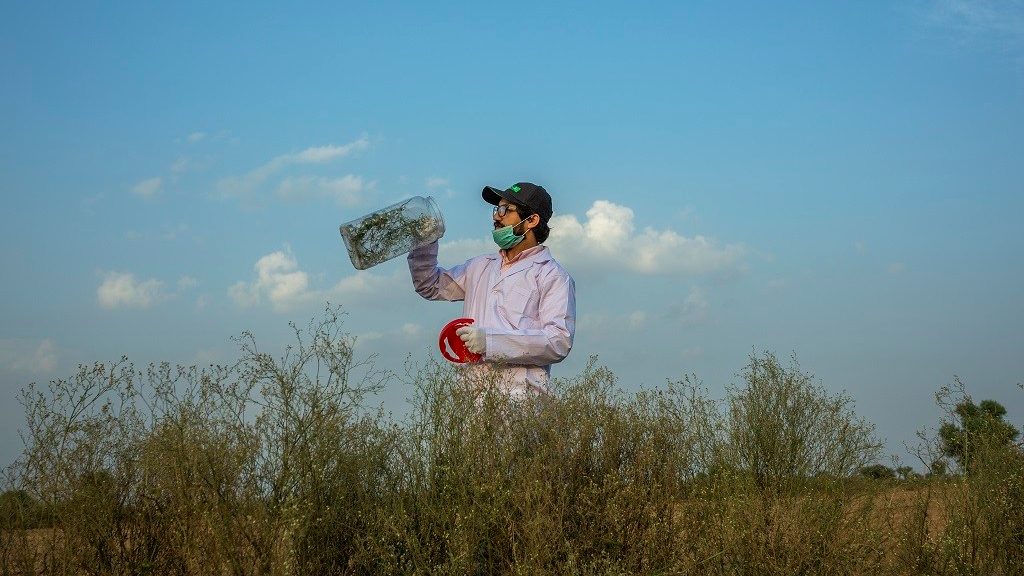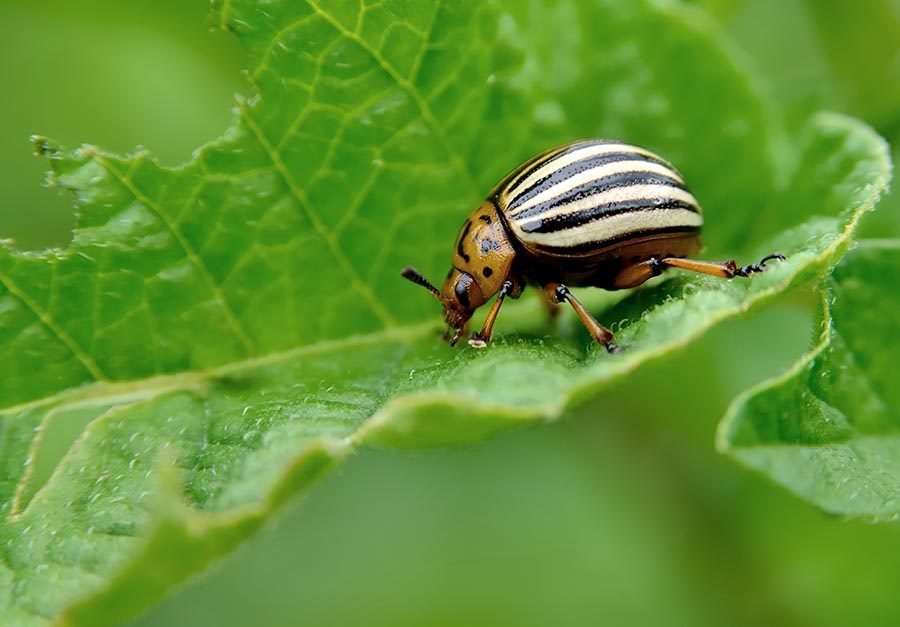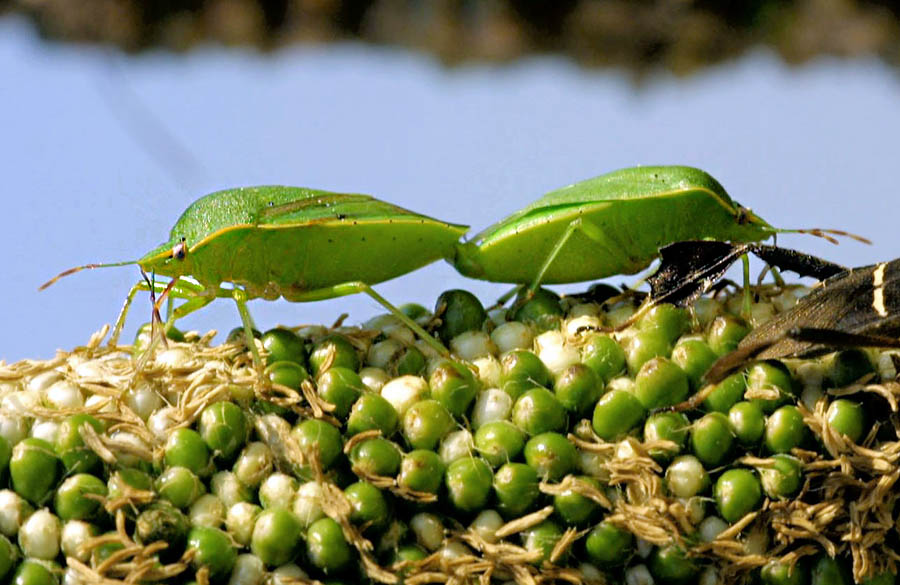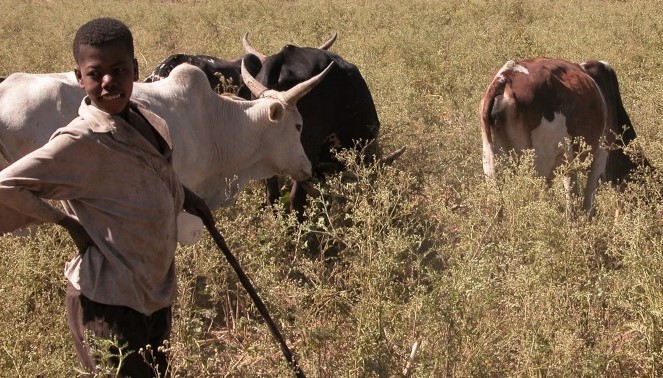CABI’s new quarantine facility creates greater capacity for Parthenium research in Pakistan
CABI has increased its capacity to fight the highly invasive and destructive Parthenium weed by opening a new quarantine facility at its Central and Western Asia (CWA) offices and laboratories in Rawalpindi, Pakistan.
CABI publishes recommendations to fight scourge of parthenium weed in Central West Asia
CABI has published a new evidence note highlighting a list of recommendations to fight the highly-invasive parthenium weed which can have significant impacts on human health, the environment, livestock production and health and crop yields. The report ‘Parthenium: Impacts and coping strategies in Central West Asia’, states that the aggressively-spreading weed, now classified as a ‘superior…
New pest risk analysis decision support tool in development from CABI
A Pest Risk Analysis (PRA) allows National Plant Protection Organisations (NPPOs) to assess risks posed by pests or pathways of quarantine concern, and identify options to manage those risks. Recognising that there was a need for support in the completion of PRAs, CABI, under its Action on Invasives programme, has designed and is developing an…
CABI shares expertise on rubber tree blight in major new Amazon documentary series
CABI is today sharing its expertise on the devastating rubber tree blight disease – that could severely impact upon the world’s rubber production for essential items including tyres, shoes and the seals on a multitude of household and industrial items– as part of a major new Amazon documentary series now streaming.
CABI shares expertise at workshop concerned with threat of invasive species to Gibraltar
Dr Pablo González-Moreno, one of CABI’s senior researchers with expertise in invasive plant ecology, has joined a workshop of international scientists concerned with investigating the invasive non-native species that pose the greatest threat to Gibraltar’s terrestrial and marine environments.
The twelve pests of Christmas (trees)
For many, December means celebrating Christmas and a central part of that is a Christmas tree. Evergreen trees have been used in celebration for centuries. The ancient Egyptians, Chinese, and Hebrews used evergreen trees, wreaths, and garlands to symbolize eternal life. Pagans worshiped trees, and Romans used evergreen wreaths during the festival of Saturnalia. The…
Addressing the root of the problem — why plant health and evidenced-based interventions matter to global development
by Duncan Barker (Research and Evidence Division, DFID) and Dr Roger Day (CABI). Reblogged from the DFID Research blog. Global agriculture faces a myriad of threats, of which one of the greatest is invasive species. With no native organisms to control them, invasive species such as plant pests and diseases spread out of control, damaging crops and…
New upgraded invasive species Horizon Scanning Tool launched
Last week CABI launched the full version of its invasive species Horizon Scanning Tool, a free and open access online resource available via the Invasive Species Compendium that helps users make decisions about invasive species and identify possible risks in countries, provinces and states.
In the fight against Parthenium, make sure to “know your enemy”
Latest book in the CABI Invasive Series: Parthenium Weed Parthenium weed (Parthenium hysterophorus) is considered one of the worst weeds in the world. It has invaded and is widespread in about 48 countries in Africa, Asia and the South Pacific, and has the potential to spread to new countries in Africa, Asia and parts of…
Past, present and future – reflections on the XV International Symposium on Biological Control of Weeds
Invasive alien weed species have been a global environmental and human health issue for decades. In 1969, CABI organised the first International Symposium on Biological Control of Weeds (ISBCW) in Delémont, Switzerland. Weed biocontrol research was then in its early stages and 20 scientists attended.










